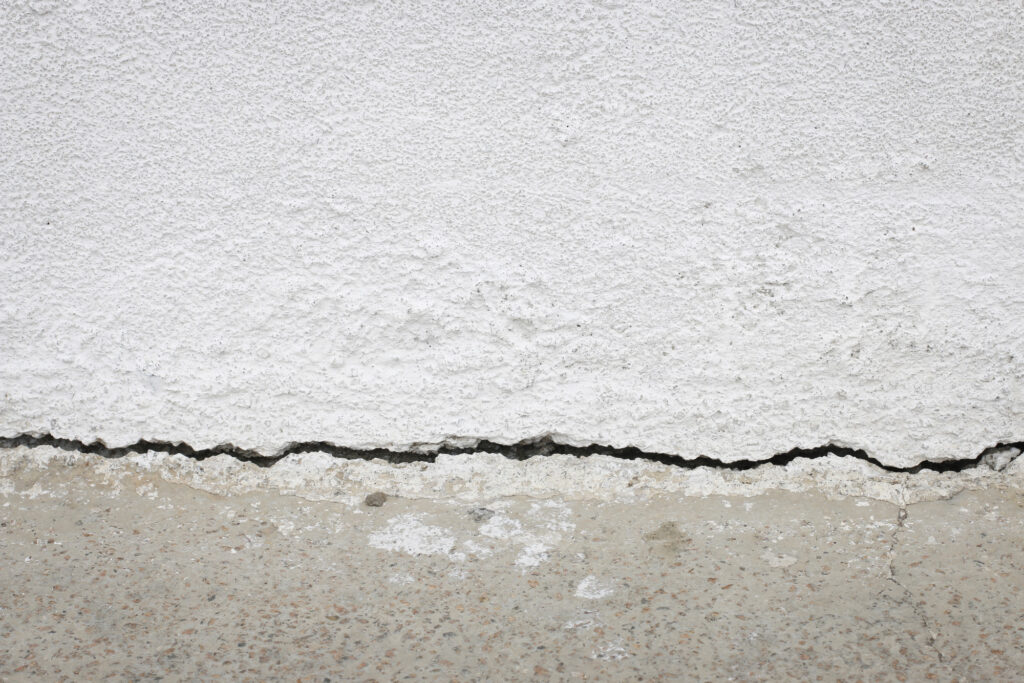How to Protect Your Home’s Foundation
Want to protect your home’s foundation? The reliability and durability of any structure depend upon its foundation. The structure could be commercial, residential, or otherwise.
Remember, the foundation holds the weight of everything above it. Making sure your home foundation is stable and solid should be your top priority towards home protection.
It’s easy to prevent than to remedy structural issues. Taking the following precautionary measures will reduce or end foundation problems.
Continue reading to know some home’s foundation protection tips.
Often Inspect Signs of Home Problems
One home safety measure is to inspect your house for signs of foundation problems. Simple walks around your house to check for noticeable signs of foundations issues after every few months will be a worthy exercise.
Some of the issues to look out for are:
Cracks – That little hairline crack can develop fast into something more serious. White spots are a sign that water is infiltrating your home.
Pests – Ants, termites, rodents, and burrowing animals will cause damage to your home’s foundation if left alone.
Mold and Mildew – Both will lead to wood rot. If you have a beam foundation, check for signs of moisture build-up regularly.
Drywall Issues – Drywall cracking in the ceiling or walls indicates you have foundation damage.
Movement – When you notice the windows separating from the wall or uneven floor, this is another sign of foundation problems.
Call in a professional for help with the foundation issues. Make sure you make early plans to repair the problems before becoming worse.
Never Allow Water to Pool
Does water pool on the area around your foundation after heavy rains? Water will expand the soil and exact pressure on your foundation’s walls.
Make the necessary drainage updates to avoid water pooling. Your yard’s grading needs to slope away from the house. That way, you make water runoff flow away from the foundation.
As a general rule, the grading should be at least 6 inches for every 10 feet. Also, make sure you fill in clear depressions. If it does not solve the issue, you can have a French drain or a dry well installation by a pro. The dry well helps to remove surface water.
Or create a swale channel that helps guide any gathering water further from the foundation. Also, address the interior water problems.
Do Not Plant Trees Too Close to Your House
Trees absorb a lot of gallons of water each day. They will soak up the soil moisture when they are close to your house, causing shrinkage and foundation disturbance.
The aggressive root system will also shift the foundation. You can plant some small trees at least ten feet from the house and large ones around 20 feet away.
When you notice tree branches touching your house, this will signify they are too close. But, you might have a large tree around your yard, and removal is not possible. In this case, use a root barrier to block aggressive roots from reaching your house.
Have an Annual Plumbing Inspection
Plumbing leaks will occur in places you do not expect, such as sewer lines, sprinkler systems, and freshwater lines. Such under-slab leaks are a major source of home foundation problems.
Consult a licensed plumber immediately. The plumber will address the leak concerns, which maintains a healthy foundation. Since repairing a sinking home is an extensive project, it is best to leave it to professionals.
Maintain Consistent Ground Moisture Around Your Home
You may notice sidewalks cracks due to the expansion and contraction of extreme water conditions. Due to high moisture levels, your foundation walls will also experience expansion and contraction.
The pressure will then lead to foundation cracks. A good preventative measure is implementing a water control program around your home.
You can do so by installing a programmable sprinkler system. You can also take a weathered old garden hose on the soil around the foundation on dry days.
So long as you maintain a consistent moisture level around the foundation, you mitigate risks that arise from water issues.
Maintain Your Gutters and Downspouts
An effective way to protect the foundation from water damage is by maintaining your gutters and downspouts. Gutters trap water after the accumulation of various debris.
So, keep leaves, branches, and debris clear from the gutters to keep water flowing freely. Heavy rains will make overflowing water drain into the ground close to your home’s foundation when the roofing gutters block.
Another thing, make sure the downspouts drain at least ten feet from the house. If that is not enough, extend the length to ensure that the rainwater drains far from the house foundation.
Unfortunately, many homeowners find downspouts less appealing. That is so especially since you connect them to pipes and other fixtures. You can also trip on pipes, and they also cause mowing inconveniences.
If those are your major concerns about downspouts, you can bury them in the ground. The option will still drain water away from your home while maintaining beauty and accessibility around your home.
Cut Back the Plant Growing against the Side of your Home
Climbing vines and thick tall shrubs will prevent air from circulating. They will also trap excess moisture against the walls and foundation.
It is important to trim overgrowing plants against your house annually. Ensure you select drought-resistant plants that won’t need regular watering.
Consider These Safety Tips for Home Protection
Maintaining your foundation’s integrity is an effective way of enhancing your home protection. Once problems compromise your foundation, they also compromise the structural integrity.
You can also keep a foundation log on top of the above protection tips. The log helps track any foundation changes and will benefit the foundation repair specialist.
Ensure you are heeding to the above foundation protection tips. That way, your house will last for a long time, without the need for expensive repairs.
Please keep checking our website to know more about real estate and homes.
